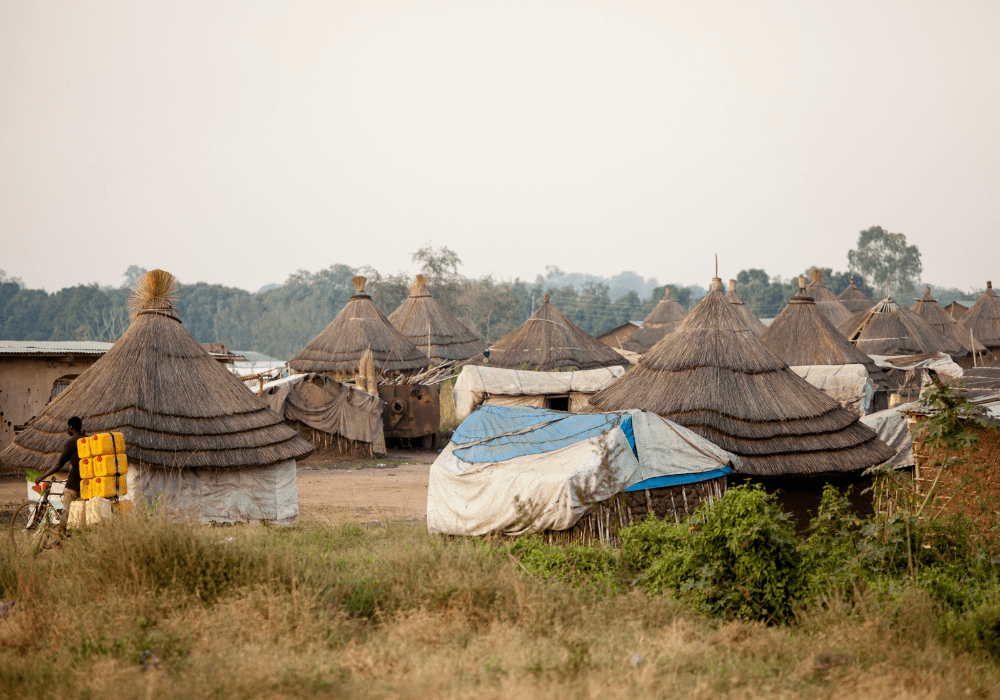
The ongoing conflict in Sudan, which began on April 15, 2023, has worsened the existing humanitarian crisis, resulting in the highest number of internally displaced people globally. Various human rights and humanitarian organizations, including the Center for Disaster Philanthropy (CDP), have issued calls to address the disparities in philanthropic response compared to other crises. The situation involves widespread violence, sexual assaults, attacks on civilians, and suppression of journalists and human rights defenders. The UN warns of a deepening humanitarian crisis with escalating hostilities, ethnic violence, rising malnutrition, food insecurity, and mass displacement. Sudan, Africa’s third-largest country, grapples with a complex crisis rooted in decades of internal conflict, political instability, extreme weather events, and economic challenges.
The situation in Sudan demands urgent attention and concerted international efforts. The call to action from various organizations highlights the severity of the crisis, emphasizing the need for a more unified and inclusive approach that addresses the voices of all affected, particularly women, youth, and historically marginalized groups. There have been inadequacy and underfunding for relief efforts, indicating a critical need for increased humanitarian funding to aid both local and international organizations.
The geopolitical context, with the RSF’s origins tied to the Janjaweed militia and the complex history of Sudan, adds layers of complexity to the crisis. General al-Burhan’s proposal to label the RSF as terrorists reflects an attempt to mitigate their influence, but the volatile situation persists with failed ceasefire talks. The international community, especially donors, must step up efforts to provide aid, solidarity, and attention to the needs of Sudanese civilians.
Sudan’s history of civil wars, the Darfur genocide, and recent political turmoil contribute to the current instability. The socioeconomic crisis exacerbated by the 2021 coup has led to a quarter of the population being affected, with high inflation, currency depreciation, and food insecurity. The interruption of international support and debt relief worsens the economic crisis, compounding the already dire humanitarian situation.
In conclusion, the international community, including donors and policymakers, must prioritize addressing the multifaceted challenges in Sudan. Increased humanitarian funding, diplomatic efforts, and a more inclusive approach are imperative to alleviate the suffering of millions facing displacement, violence, and food insecurity. The world cannot afford to overlook this crisis, and immediate action is crucial to prevent further loss of life and human suffering.
by Maya Caple
